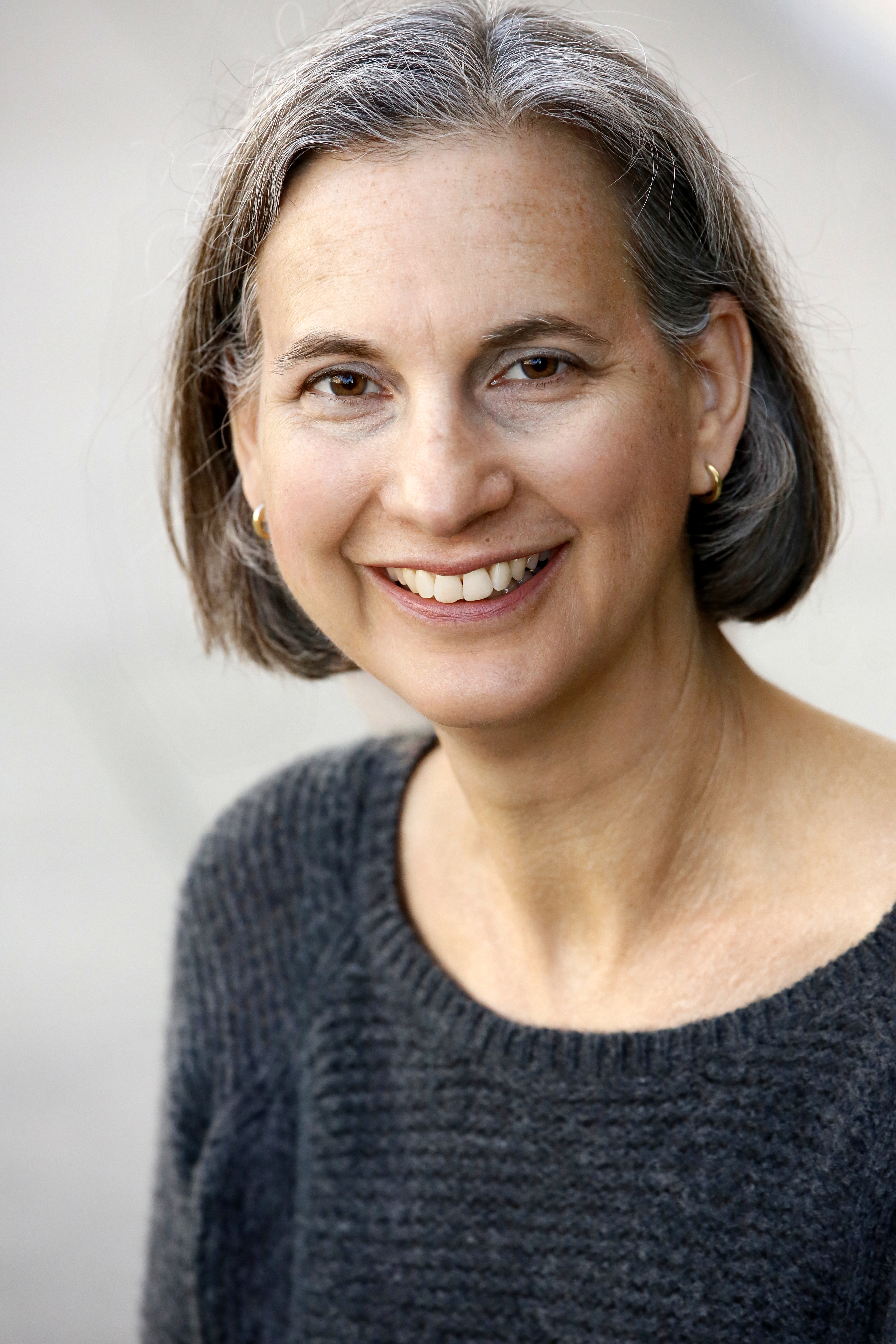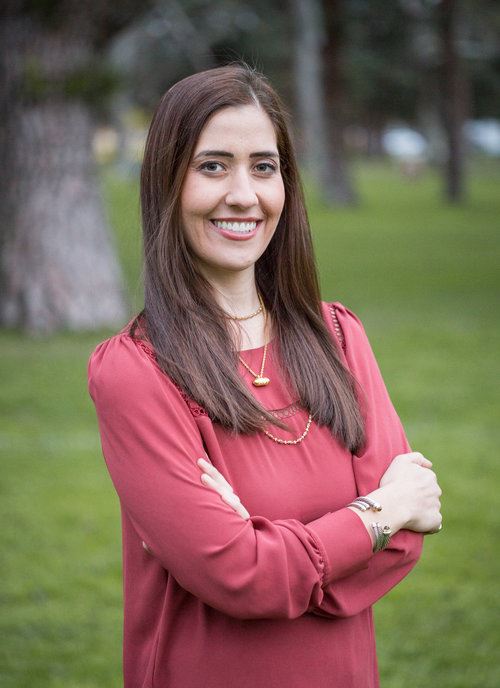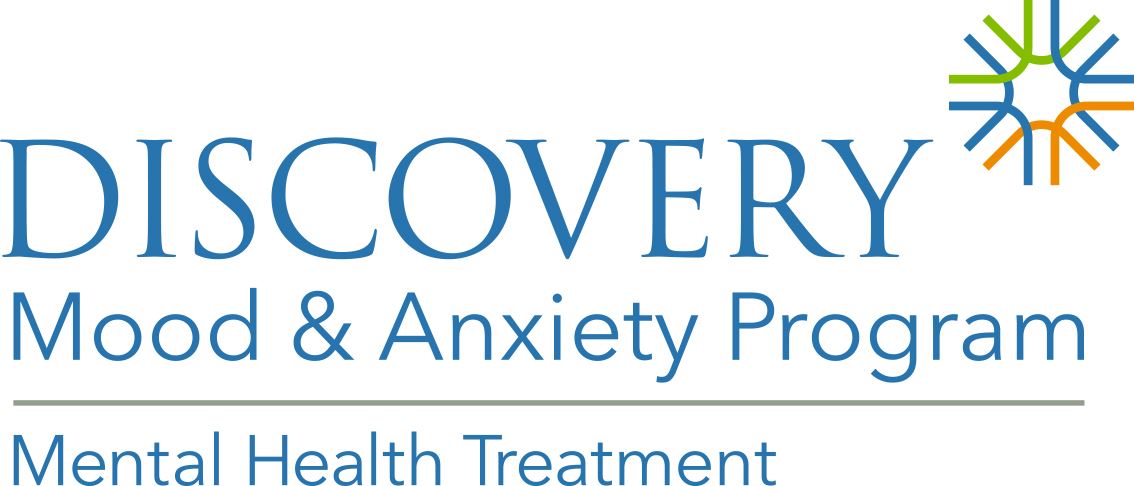

.jpg)

Eating Disorder Treatment Across Levels of Care: Where do my patients belong?
Course Outline:
This intermediate level presentation will review five levels of care (inpatient, residential, partial hospitalization, intensive outpatient, and outpatient) in eating disorder treatment. Presenters will identify the various admitting requirements, insurance barriers, treatment interventions, and pros/cons for each of these levels. They will also discuss medical and clinical concerns at each level, especially focusing on when a patient is not at the appropriate level of care. Following, presenters will hold a panel discussion and Q&A.
Learning Objectives:
1) Identify 5 levels of care in eating disorder treatment and recognize at least one criteria for each level. Be able to identify what makes someone clinically/medically appropriate for each level of care
2) Have an understanding of medical necessity insurance requirements
for each level of care
3) Understand pros and cons of being at each level of care & understand concerns regarding not being at the appropriate level of care.
Linda Schack, MD, Medical Director,
Torrance Memorial Hospital Eating Disorder Program
Dr. Linda Schack has been treating adolescents and young adults with eating disorders for 25 years. She is one of only a handful of adolescent medicine specialists in the country who sees teens and young adults in private practice. Dr. Schack has supervised the care of patients with eating disorders in outpatient, residential, and hospital settings. She is currently the medical director of the Medical Stabilization Program for Patients with Eating Disorders at Torrance Memorial Medical Center.
Christina Weiss, MPHC, LMFT, SEPI, Program Director & Therapist,
Center for Discovery South Bay Outpatient Eating Disorder Program
Christina has enthusiastically spent the better part of the past 15 years in the Mental Health field including leading Clinical Outreach departments at several well-known Eating Disorder programs and has experience working as a licensed psychotherapist at all levels of care in eating disorder and addiction treatment. Her focus has been primarily in the eating disorder field working closely with and studying under some of the pioneers in eating disorder treatment. She currently sits on the board of Eating Disorder Support Services (EDRS), a Bay Area nonprofit organization and has been instrumental in launching several IAEDP chapters on the West Coast and the first NEDA Walk Los Angeles.
Christina received her undergraduate degree in Psychology and Business from the University of Southern California (USC) and a Masters in Public Health Communication from Annenberg at USC where she developed several research projects looking at the impact of media on eating disorders in the adolescent population. She received her Masters of Clinical Psychology, with an emphasis in Spiritual Depth, at Antioch University, which included studying Attachment theory abroad at Tavistock Institute in London. She is trained in Somatic Experiencing which offers the opportunity to engage, complete, and resolve, in a slow and supported way, automatic and unresolved responses of anxiety, rage or trauma and relax into a growing sense of calm and safety.
Sarah Burney, LCSW, CEDS, Program Director & Therapist,
Center for Discovery Residential Program, Palos Verdes
Sarah Burney is a Licensed Clinical Social Worker and Certified Eating Disorder Specialist who completed her graduate studies at the University of Southern California, earning a Masters of Social Work with a concentration in Mental Health. She currently works as the program director and therapist at Center For Discovery’s adult eating disorder facility in Rancho Palos Verdes, CA. In the beginning of her career with Center For Discovery in 2013, Sarah worked as a counselor at an adolescent residential facility. Sarah then grew to work as a primary therapist at the Residential, Partial Hospitalization, and Intensive Outpatient Levels of Care, at both adult and adolescent facilities with Discovery. Sarah moved to her current role as program director of Rancho Palos Verdes Adult Eating Disorder Residential Treatment in fall of 2016, where she now finds joy in leading a team that guides individuals on the road of recovery. Sarah utilizes a psychoanalytic, humanistic, and emotion focused perspective to implement various evidence based practices that treat eating and co-occurring disorders. Sarah brings integrity, compassion, and humor to her work with individuals and families, helping them to realize their potential for growth, empowering them to be their own advocate, and ultimately helping them to find a sense of safety and freedom.
Meetings are now FREE for members who pre-register!
Participants will receive 2 CEUs upon completion of this event.
The informal networking is not part of the CEU portion of the program. Participants and speakers may remain for questions if they wish or can simply network without any structure. You most certainly may announce that you are willing to stay during that time slot to address any questions.
Long Beach - South Bay CAMFT - APPROVAL NUMBER: PCE 3803 Course meets the qualifications for two (2) hours of continuing educationfor LMFTs, LCSWs, LPCCs and/or LEPs, as required by the California Board of Behavioral Sciences. Refund Policy: With a 24-hour written notice, a full refund will be provided. With less than 24 hours' notice, credit towards attendance at a future education program course will be provided. Target Audience: This educational program is planned for marriage and family therapists, marriage and family therapy interns, social workers, counselors and/or educations psychologist. Special Needs Accommodations: In the event that special needs accommodations are required, please contact Sara Burchfiel at saraburchfielmft@gmail.com indicating your need at least one week prior to the educational program. Awarding Course Completion Certifications: LB-SB CAMFT monitors attendance with sign-in and sign-out sheets and final course evaluations. Once the participate have signed out and provided course evaluations, course completion certificates will be provided. Grievances: The Program Administrator (PA) and Board of Directors (BOD) will handle complaints or grievances and conduct investigations to determine the appropriate resolutions. The BOD and PA will respond within 48 hours of receiving the complaint and will provide timely fall-up to the participant during the course of investigation and resolution.